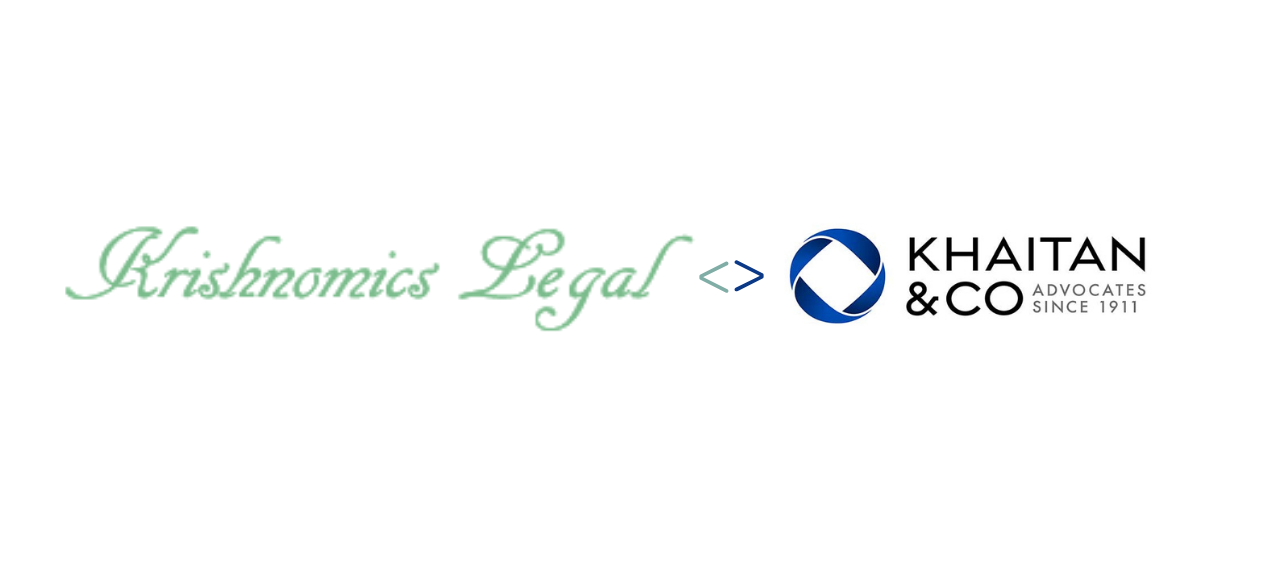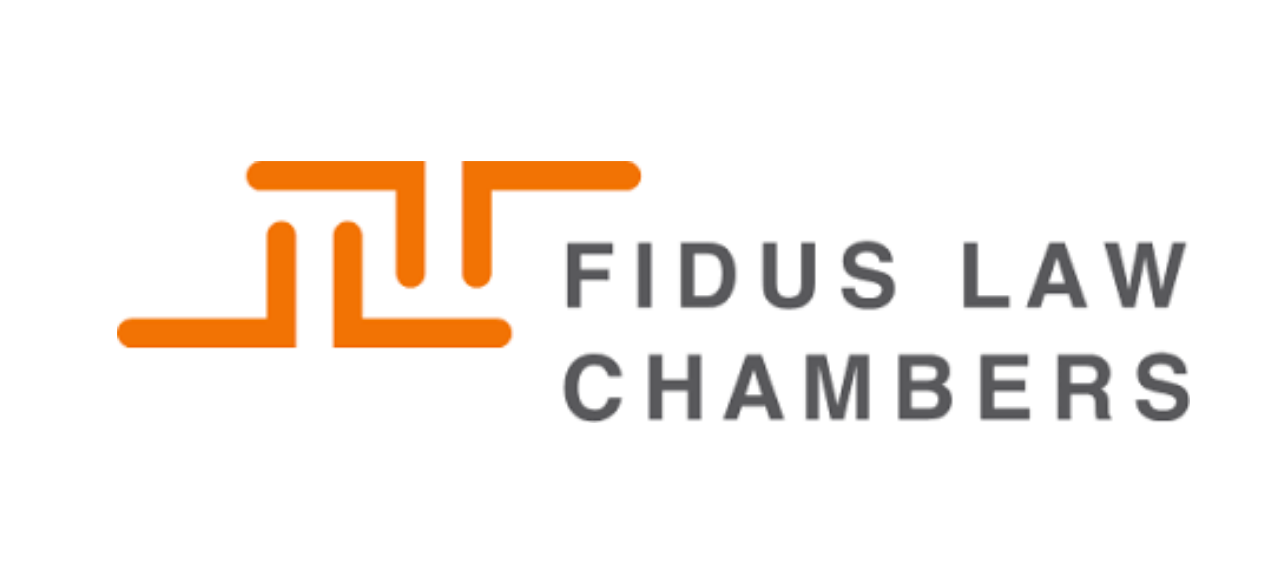INTRODUCTION
As global interconnectivity progresses, legal challenges often extend beyond national borders. Businesses seeking patents across multiple jurisdictions, multinational corporations negotiating cross-border contracts, and individuals engaged in international divorce proceedings all face a common and critical challenge: the intersection of diverse languages. In this context, legal translation has evolved from a simple convenience to an indispensable necessity, ensuring clarity, compliance, and equitable outcomes.
High-quality translation services are essential for law firms that are responsible for safeguarding their client’s rights and interests to overcome these challenges. These services not only overcome linguistic barriers but also respect the cultural and legal subtleties crucial for effective communication and procedural integrity, guaranteeing that all parties involved can collaborate with certainty and understanding.
This article explores the vital significance of quality translation services in facilitating the efficient operation of law firms in a legal environment that is becoming more globalised. It analyses their influence on maintaining professional credibility, safeguarding confidentiality, respecting linguistic and cultural precision, and ensuring accuracy. It underscores the ways in which these services enhance a law firm’s capacity to flourish in the dynamic global legal landscape, foster trust, and mitigate risks by addressing these essential elements.
THE ACCURACY: THE FOUNDATION OF LEGAL TRANSLATION
Effective communication is key to legal practice, particularly when addressing cross-border issues. Legal translation services guarantee that language barriers do not result in misunderstandings, delays, or costly disputes. These services guarantee that all parties are in agreement by enabling seamless communication among legal professionals, consumers, and stakeholders. Accurate and timely translations are essential for law firms to prevent confusion and ensure that all legal obligations are clearly understood. Additionally, precise translations contribute to the development of trust and the cultivation of more robust client relationships, particularly among individuals from various cultural origins.
Negotiating Difficult Legal Jargon
Jurisdiction-specific nuances, technical terms, and specialised vocabulary tend to appear in legal documents. Fluency in the languages in question is not sufficient; translators must also have a thorough comprehension of the pertinent legal frameworks. The document’s integrity is preserved by ensuring that each term is translated accurately and in context.
Consistency & Precision
To prevent ambiguity in legal translations, it is imperative to maintain consistency in terminology. Professional translators guarantee that all parties grasp their rights and obligations by employing consistent language throughout the document. This consistency mitigates the risk of misunderstandings and contributes to the document’s legal validity.
Risk of Translation Errors
Even trivial errors in legal translation can have substantial repercussions. High-quality translations mitigate the likelihood of disputes, protect client’s interests, and guarantee successful cross-border legal outcomes.
CONFIDENTIALITY: SAFEGUARDING SENSITIVE INFORMATION
Legal documents frequently encompass confidential and sensitive material, ranging from personal data to proprietary corporate ideas. Ensuring this information is managed securely throughout the translation process is essential.
Professional Agencies and Confidentiality Procedures
Esteemed translation services employ stringent security protocols, such as non-disclosure agreements (NDAs), secure file transfer mechanisms, and data encryption. These protocols guarantee the safeguarding of sensitive materials against unauthorised access or breaches.
The Financial Implications of Security Breaches
A breach of confidence can result in severe consequences, including reputational harm, financial sanctions, and possible legal proceedings. By collaborating with translation companies recognised for their integrity and professionalism, law firms may protect their clients’ trust and their own reputation in the business.
PROFESSIONALISM: ESTABLISHING TRUST AND CREDIBILITY
For law firms, employing high-quality translation services exceeds mere language barrier resolution; it represents a deliberate choice that reflects a dedication to professionalism and precision. The precise translation of legal papers demonstrates the firm’s commitment to clear communication and recognising the significance of accurately expressing legal terminology. This dedication to quality bolsters the firm’s credibility, assuring clients and partners of its reliability in managing cross-border issues effectively and with integrity.
Fostering Client Assurance
Clients rely on law firms to manage their most significant legal issues with care and proficiency. Employing skilled translators enables organisations to guarantee their clients that their interests are safeguarded, even in the most intricate foreign matters.
Augmenting Credibility
Precise translations avert expensive misinterpretations, enhancing the company’s image for dependability. This is especially vital in high-stakes legal situations, where slight inaccuracies could compromise credibility and endanger results.
FACILITATING MULTINATIONAL LEGAL PRACTICE
As globalisation transforms the legal sector, law firms are increasingly faced with matters that involve many jurisdictions. High-quality translation services are essential for navigating these challenges.
Facilitating Global Transactions
International legal transactions, including mergers, acquisitions, and cross-border joint ventures, necessitate effective communication. Precise translation of contracts, regulatory papers, and due diligence reports guarantees that all parties possess a mutual comprehension, hence minimising the likelihood of problems.
Facilitating Access to Justice
High-quality translations are necessary for those engaged in international issues, such as asylum seekers or participants in cross-border family law matters. They facilitate communication across language obstacles, ensuring comprehensive understanding and participation in judicial proceedings for all parties involved.
SPECIALISED PROFICIENCY: THE CORNERSTONE OF QUALITY TRANSLATION
The field of legal translation is highly specialised and necessitates more than linguistic proficiency. In an effort to guarantee precision and clarity, translators must have a profound understanding of legal systems and possess advanced language skills.
Credentials of Legal Translators
Top legal translators possess fluency in their working languages and a profound understanding of the legal systems pertinent to their translations. Numerous individuals hold advanced degrees in law or linguistics and has extensive experience in legal translation, enabling them to manage the most intricate documents.
Utilising Technology
Professional translation services utilise sophisticated resources, including legal terminology databases and specialised software. These technologies improve precision, ensure document uniformity, and optimise the translation process.
CONCLUSION
In a progressively globalised legal environment, the significance of high-quality translation services is paramount. These services are vital for guaranteeing precision, protecting client confidentiality, upholding professionalism, and adhering to local regulations. It is not merely a matter of risk management for law firms to invest in reputed translation services; it is a strategic decision that improves the firm’s capacity to navigate the intricacies of international law, establish strong client relationships, and thrive in the global legal marketplace.
Law firms can guarantee that they meet the requirements of cross-border legal practice with confidence, professionalism, and accuracy by collaborating with proficient legal translation providers.
Need help with your law firm branding? Contact us at Ghostline Legal to discuss a branding revamp mandate!








